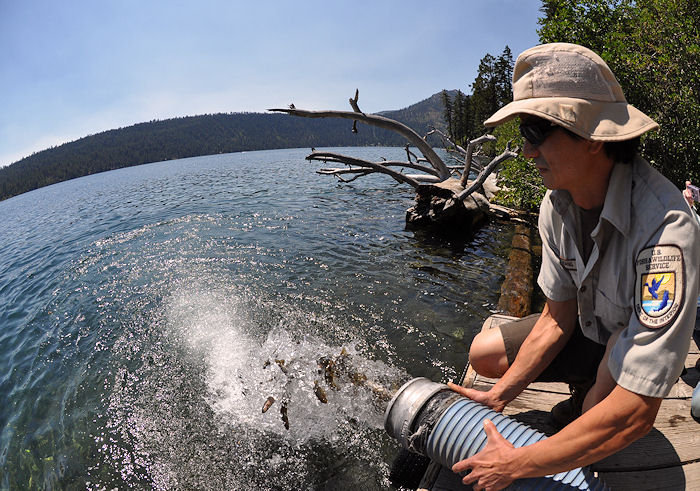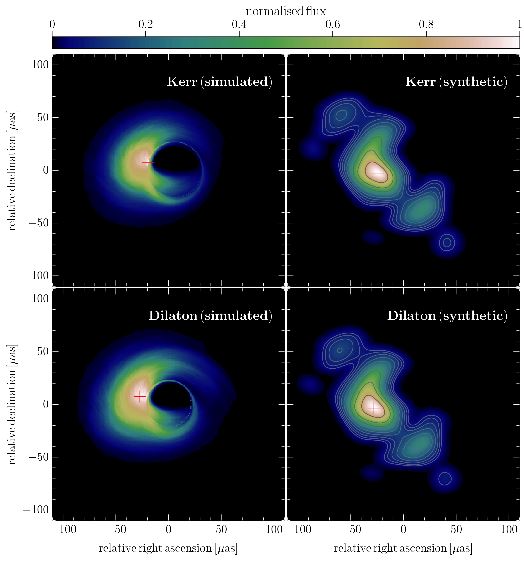Though we read a lot of claims about impending extinction, the biological reality is that we don't know anything about 99.9999999 percent of species that have ever lived. And then there are species only newly discovered that are immediately declared endangered because an academic only recently named them in a print journal.
The mix of bacteria (microbiome) of bee bread, the long-term food supply stored within a hive for young bees, is now at risk, according to a new estimate.
The scholars are blaming modern monoculture farming, commercial forestry and gardeners could be making it harder for honeybees to store food and fight off diseases, a new study suggests. Human changes to the landscape, such as large areas of monoculture grassland for livestock grazing, and coniferous forests for timber production, is affecting the diversity of the ‘microbiome’ associated with honeybees’ long-term food supply, the authors claim.
One of the most fundamental predictions of Einstein's theory of relativity is the existence of black holes.
Although gravitational waves from binary black holes have been detected, direct evidence using electromagnetic waves hasn't happened and astronomers are searching for it with radio telescopes. But then how can you tell them apart? Radio images have a limited resolution and image fidelity and at realistic image resolutions, even highly non-Einsteinian black holes seem like normal black holes.
More competitive animal species, with males that compete intensively for mates, might be more resilient to the effects of climate change, according to a paper in Proceedings of the Royal Society B. Sexual selection can provide a buffer against climate change and increase adaptation rates within a changing environment, the authors believe.
Moths exposed to increasing temperatures were produced more eggs and had better offspring survival when the population had more males competing for mating opportunities, three males for every female.
Though less than a dozen school children will be slain by a gun in any given year, American society is mobilized with marches and media against firearms. Meanwhile, on average 55,000 Americans will die from the flu, which has a vaccine. In states like California, anti-vaccine sentiment ran so high on the coast that the state had to pass a law forcing parents to comply or not have their kids enrolled. Some schools in Marin county had fewer than 30 percent of children vaccinated. Philosophical exemptions just by families in the wealthiest parts of California exceeded the number of religious exemptions nationwide - by 1000 percent.
Pelleh Farms of Swan Lake, New York has recalled its Pasteurized Whole Organic Milk Non-Homogenized products due to improper pasteurization.
At least it was almost pasteurized. In the demographic that thinks organic food is good, vaccines are bad, and science stopped at 1860, raw milk is on trend. They intentionally go without pasteurization in the belief that it contains more nutrients than safe milk.
Proper pasteurization heats milk to 161 degrees Fahrenheit to effectively eliminate all pathogenic bacteria, such as Listeria and Salmonella. Raw milk chooses to let such bacteria remain, which is why pasteurization is credited with saving hundreds of millions of children since it became commonplace.
 What Next For Messenger RNA (mRNA)? Maybe Inhalable Vaccines
What Next For Messenger RNA (mRNA)? Maybe Inhalable Vaccines Toward A Single Dose Smallpox And Mpox Vaccine With No Side Effects
Toward A Single Dose Smallpox And Mpox Vaccine With No Side Effects ChatGPT Is Cheaper In Medicine And Does Better Diagnoses Even Than Doctors Using ChatGPT
ChatGPT Is Cheaper In Medicine And Does Better Diagnoses Even Than Doctors Using ChatGPT Even After Getting Cancer, Quitting Cigarettes Leads To Greater Longevity
Even After Getting Cancer, Quitting Cigarettes Leads To Greater Longevity








